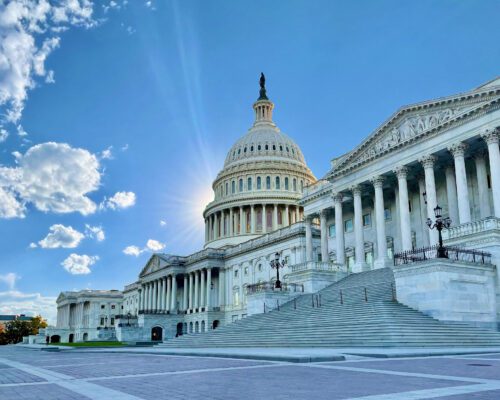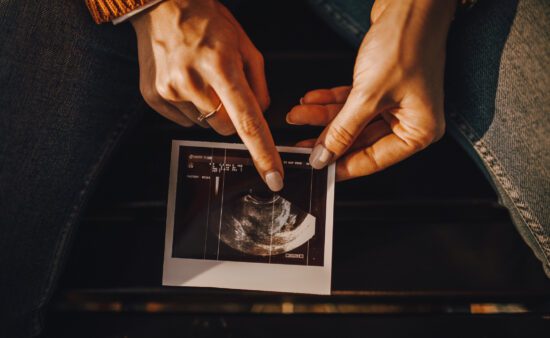Religious organizations are critical partners with the federal government in its efforts to meet vital needs in communities across the country. Earlier this week, the U.S. Department of Labor (DOL) published a final rule, to ensure that religious institutions receiving federal contracts are provided a religious exemption to discrimination laws. The final rule is significant because it protects the rights of religious organizations to operate in ways consistent with their deeply held beliefs while allowing them to receive similar contracts and funding as their secular counterparts.
Exemptions and discrimination
After the Office of Federal Contract Compliance Programs (OFCCP), which is part of the DOL, published its final rule regarding religious exemption on Tuesday, critics immediately attacked the measure as a “license to discriminate.” Such accusations are, of course, ridiculous. But the fact that these criticisms routinely miss the mark has done little to stop opponents of conscience freedom from speaking against efforts to uphold these constitutionally protected rights.
According to the DOL’s website, “This rule will encourage the full and equal participation of religious organizations as federal contractors. Religious organizations, many of them small nonprofits, provide such essential services as feeding the hungry, supporting refugees, and educating our nation’s students.” In light of this rule, the religious impulses that guide faith-based organizations will not have to be suppressed should they be the recipients of federal contracts.
Rather than targeting those in the LGBT community or any other subset of people, measures such as the DOL’s final rule are aimed at those who are motivated by sincerely held convictions to carry out their work. Our nation’s robust protections for religious freedom guarantee far more than the freedom to worship on Sundays or to privately observe the tenets of one’s faith. These things are protected, but in addition, Americans are also guaranteed the right to practice their religion in the public square.
Discriminating against religion
If Catholics are motivated by their faith to open an adoption agency, they should be allowed to operate the agency according to their beliefs. If a Jewish group is compelled to open a day school, they should likewise be allowed to carry out that work in ways consistent with their faith. And if a Muslim community is motivated to start a program to mentor children in the inner city, they should enjoy the same freedoms to perform that work.
While these freedoms are protected by the First Amendment, the benefit of the DOL’s final rule is that it guarantees religious organizations, where applicable, are eligible to receive federal contracts and funding without sacrificing the very convictions that motivated them to perform their work in the first place. Speaking about the rule, Sen. James Lankford (R-OK) noted, “The religious exemption allows religious contractors not only to prefer in employment individuals who share their religion, but also to condition employment on acceptance of or adherence to religious tenets as understood by the employing contractor.”
When it comes to discrimination, measures such as this actually guarantee that religious organizations are not punished by the government on account of their beliefs. A secular entity that performs the same service as a religious entity should not be eligible to receive taxpayer dollars simply because they lack any religious motivation. The DOL’s rule is not about denying the rights of anyone. It is about safeguarding the constitutional rights of millions of religious Americans.
Serving others
Serving others has been at the heart of the Christian faith since its inception. James, the brother of Jesus, described religion that is pure and undefiled before God as “caring for orphans and widows in their distress” (James 1:27). The apostle Paul reminds us that as he preached the gospel of justification by faith alone, he was always mindful to remember the poor (Gal. 2:10). And Jesus, early in his public ministry, announced his calling by unrolling the scroll and declaring, “The Spirit of the Lord is upon me, because he has anointed me to proclaim good news to the poor. He has sent me to proclaim liberty to the captives and recovering of sight to the blind, to set at liberty those who are oppressed, to proclaim the year of the Lord’s favor” (Luke 4:18-19).
Considering that foundation, it is no surprise that Christians, as well as other people of faith, are committed to service and acts of charity for the good of their neighbors. This rule from the DOL on religious exemptions not only protects the rights of religious organizations, but ensures that countless Americans will continue to benefit from the work and ministries of these faith-based entities in the future.











